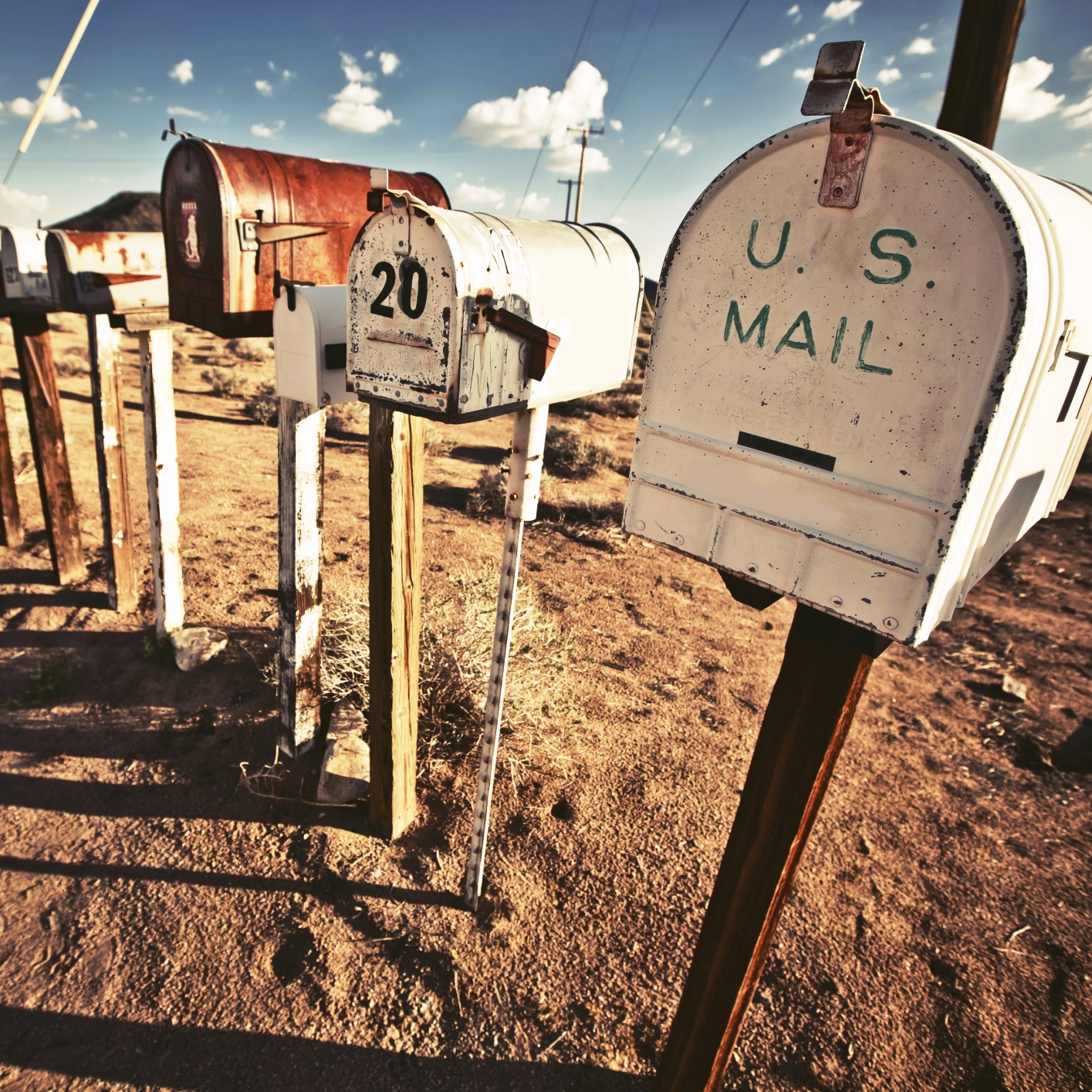Infrastructure
Could a Privatized US Postal Service Follow on Cancelled Staples Contract?

Published:
Last Updated:

In 2013, the U.S. Postal Service (USPS) contracted with Staples Inc. (NASDAQ: SPLS) to provide postal services in about 500 Staples stores. The reaction from the American Postal Workers Union (APWU) was swift: the union objected to staffing the in-store units with low-paid Staples employees rather than unionized APWU workers.
The National Labor Relations Board (NLRB) in November ordered the USPS to cancel its contract with Staples, and a postal service spokesman said on Thursday that the USPS would not challenge the order.
What the APWU feared most was a full-scale privatization of postal services, and the union saw the Staples deal as the first step on a slippery slope to that end. But it may be proper to wonder whether this union victory will have legs or whether a new Republican-controlled government will raise the pressure for privatization not only of the USPS, but other services currently offered by government.
In a press release following the USPS announcement, APWU president Mark Dimondstein said:
The public Postal Service is a national treasure that was treated like a cheap trinket by the former Postmaster General. First, former Postmaster General Donahoe cut a dirty deal to set up post offices staffed by Staples employees in 82 Staples stores. Then they downgraded the offerings to the ‘Approved Shipper’ status in hopes of ending the protests, but expanded nationally. In each case, the security and the sanctity of the mail, the training of clerks, and proper oversight were tossed out the window. This was bad for the consumer, bad for the USPS brand and an insult to our dedicated members.
President-elect Donald Trump’s proposal to spend $1 trillion on infrastructure offers a glimpse of what may be on the table. While Trump has not specified how the infrastructure spending plan would work, the broad outline focuses on private financing with tax credits to offer incentives for investment.
But it’s a short step from there to creating fee-based incentives such as toll roads and, one can imagine, a for-profit postal service. Whether those are good ideas or bad ones depends to some extent on one’s political viewpoint, but one thing is certain: they are considerably different from what has been federal government policy for decades.
Britain privatized the Royal Mail in 2013 and completed its exit from the service in 2015. Could the USPS do the same thing with an initial public offering? In order to make a profit, the first thing the postal service would have to do is cut costs, and that almost certainly would mean getting rid of union contracts. The Royal Mail’s privatization avoided union objections by giving employees shares in the newly privatized company, a 9% wage increase over three years and long-term guarantees for job security and pensions.
Privatizing the USPS is probably well along the edges of the new administration’s radar screen, but it is almost certainly there. Keep an eye on Trump’s Twitter account; that’s where you’ll read about it first.
Start by taking a quick retirement quiz from SmartAsset that will match you with up to 3 financial advisors that serve your area and beyond in 5 minutes, or less.
Each advisor has been vetted by SmartAsset and is held to a fiduciary standard to act in your best interests.
Here’s how it works:
1. Answer SmartAsset advisor match quiz
2. Review your pre-screened matches at your leisure. Check out the advisors’ profiles.
3. Speak with advisors at no cost to you. Have an introductory call on the phone or introduction in person and choose whom to work with in the future
Thank you for reading! Have some feedback for us?
Contact the 24/7 Wall St. editorial team.